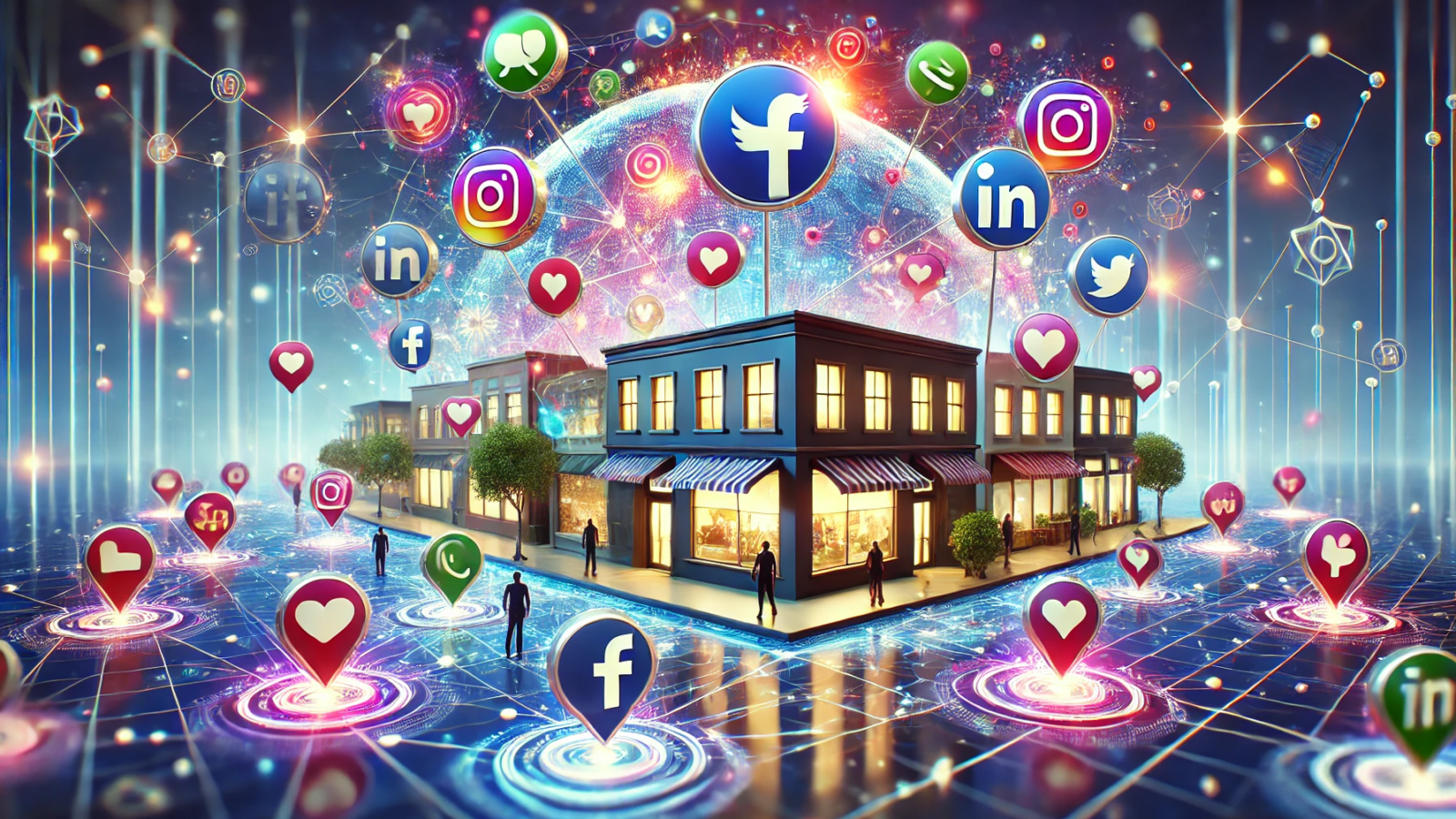Social media has transformed the way businesses interact with customers, market their products, and build their brands. With billions of users across various platforms, social media offers a vast audience and numerous tools to effectively promote a business. Here’s a comprehensive look at the role of social media in business promotion.
1. Enhancing Brand Awareness
Social media platforms such as Facebook, Instagram, Twitter, and LinkedIn provide businesses with the opportunity to reach a global audience. By creating engaging content and interacting with users, businesses can increase their visibility and attract potential customers.
- Visual Content: Platforms like Instagram and Pinterest focus on visual content, making them ideal for showcasing products and services through images and videos.
- Storytelling: Social media allows businesses to tell their brand story in a compelling way, building a narrative that resonates with their audience.
2. Driving Traffic to Your Website
Social media is a powerful tool for driving traffic to a business’s website. By sharing links to blog posts, product pages, and landing pages, businesses can direct followers to their site.
- Content Sharing: Regularly posting relevant and valuable content encourages followers to visit the business website for more information.
- Promotions and Contests: Hosting promotions, giveaways, and contests on social media can attract visitors to the website, increasing traffic and engagement.
3. Improving Customer Engagement
Social media provides a direct line of communication between businesses and their customers. This interaction can help build strong relationships and improve customer loyalty.
- Customer Service: Platforms like Twitter and Facebook are commonly used for customer service, allowing businesses to address inquiries and resolve issues promptly.
- Feedback and Reviews: Social media enables businesses to gather feedback and reviews from customers, which can be used to improve products and services.
4. Targeted Advertising
Social media platforms offer advanced targeting options for advertising, allowing businesses to reach specific demographics, interests, and behaviors.
- Facebook Ads: With detailed targeting options, Facebook ads can reach users based on age, location, interests, and more, making advertising campaigns more effective.
- Instagram Ads: Instagram’s visual nature makes it perfect for promoting products through sponsored posts and stories.
5. Building a Community
Creating a community around a brand can foster loyalty and advocacy. Social media platforms are ideal for building and nurturing these communities.
- Groups and Forums: Facebook Groups and LinkedIn Groups allow businesses to create communities where members can share experiences, ask questions, and support each other.
- Influencer Collaborations: Partnering with influencers who have a large following can help businesses reach new audiences and build credibility.
6. Analyzing and Measuring Success
Social media platforms provide analytics tools that help businesses measure the success of their marketing efforts.
- Insights and Analytics: Tools like Facebook Insights and Twitter Analytics offer data on engagement, reach, and demographics, allowing businesses to refine their strategies.
- Performance Tracking: By monitoring the performance of social media campaigns, businesses can identify what works and what doesn’t, optimizing future campaigns for better results.
Conclusion
Social media is an essential tool for businesses looking to increase brand awareness, drive website traffic, improve customer engagement, and build a loyal community. By leveraging the unique features of each platform and utilizing targeted advertising, businesses can effectively promote their products and services to a global audience.


Add a Comment